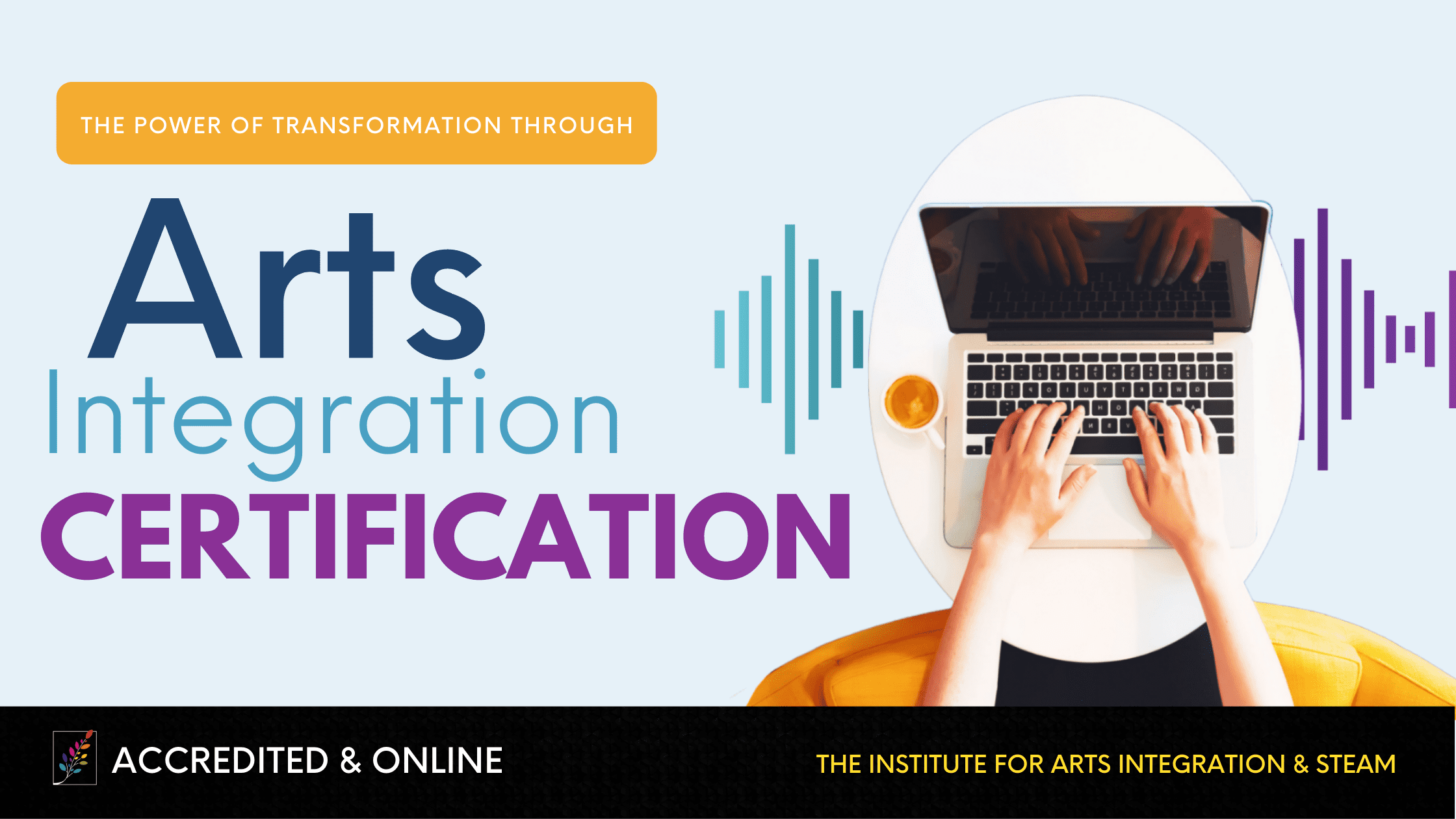It’s All About Language: The Role Of Language In Advocacy
3 Min Read • Communication
The Role of Language in Advocacy
As we’ve talked about arts advocacy, and the role of the arts in schools over the past month as part of Music in Our Schools Month and Arts Advocacy Day, there has been a recurring theme of making intentional choices about how we communicate our message. So much of it comes down to choices in language. Role Of Language has the power to be constructive or destructive. How does the language we use in reference to the arts, arts educators, and arts integration affect how they are perceived? Does it communicate that the arts are a valuable and vital piece of our students’ education, or does it minimize the role of the arts?
Choose constructive language.
I have a friend who worked in a school in which art, music, and PE were referred to as “prep” periods. This verbiage was not only used among staff, but also with students. The message sent by that choice and role of language is that the only purpose these content areas served was to provide classroom teachers with planning time, thereby marginalizing those contents completely in the minds of staff, students, and community. In many other schools, art/music/PE are referred to as “specials,” “extra-curricular,” even “non-core” or “non-essential.” When we choose verbiage that minimizes the place the arts have in our schools, it sends a message. We can advocate for role of language that places the focus back on the arts themselves rather than assigning a distinction between the arts and other content. Instead of “prep,” why not call music “music” and call art “art?”
Keep role of language kid-centered.
For students, general music or art class are not “prep” periods or “extracurricular” activities. They are content courses, built into the school day, in which specialized educators have set high expectations for them to achieve state and national standards. If we keep our communication about arts content, whether in general arts courses or in arts integration, kid-centered, focusing on the content and promoting the role the arts play for kids, it becomes more difficult to deny the arts a place at the table as a valuable, core content area.
Yes you can! Over the years, I have heard so many well-meaning adults say, “I can’t sing” or “I’m not musical” in the presence of students. While I understand that many people feel this way, I always cringe when I hear this. It sends a message that musical ability is unattainable for some, or that it’s inherent in some of and the rest will never have it. We as educators would never say “I can’t multiply” or “I can’t read” in front of students, so we have to advocate for eliminating the double standard that it’s okay to be successful only in the “core” subjects. As arts educators, we are quite skilled at helping students find that they can be successful in some area of our art form, if not in singing, then in playing instruments, in composition, in critique- success is not identical for every person. Promote that idea amongst adults as well!
Communicate as equals.
Being the only art or music teacher on staff can be a lonely position. Arts educators can fall prey to the message that they and their content are not equal. Sometimes that message comes from colleagues, sometimes from administrators, sometimes from our own insecurities. But when it comes down to it, as an arts educator, you are a highly trained professional providing high-quality, specialized content to every student in the building, you are a resource to your colleagues, and you are a trusted teacher and role model to your students. Be sure that your communication with colleagues and administrators reflects your confidence in the equality of your position and your content. Use common language when possible.
Learn to “speak administrator.” Don’t shy away from using your content’s specialized vocabulary. Don’t brush aside things you don’t have experience with- seek them out. Communicating as equals promote the feeling that every member of the staff is part of a team dedicated to student success in all facets of their education.



